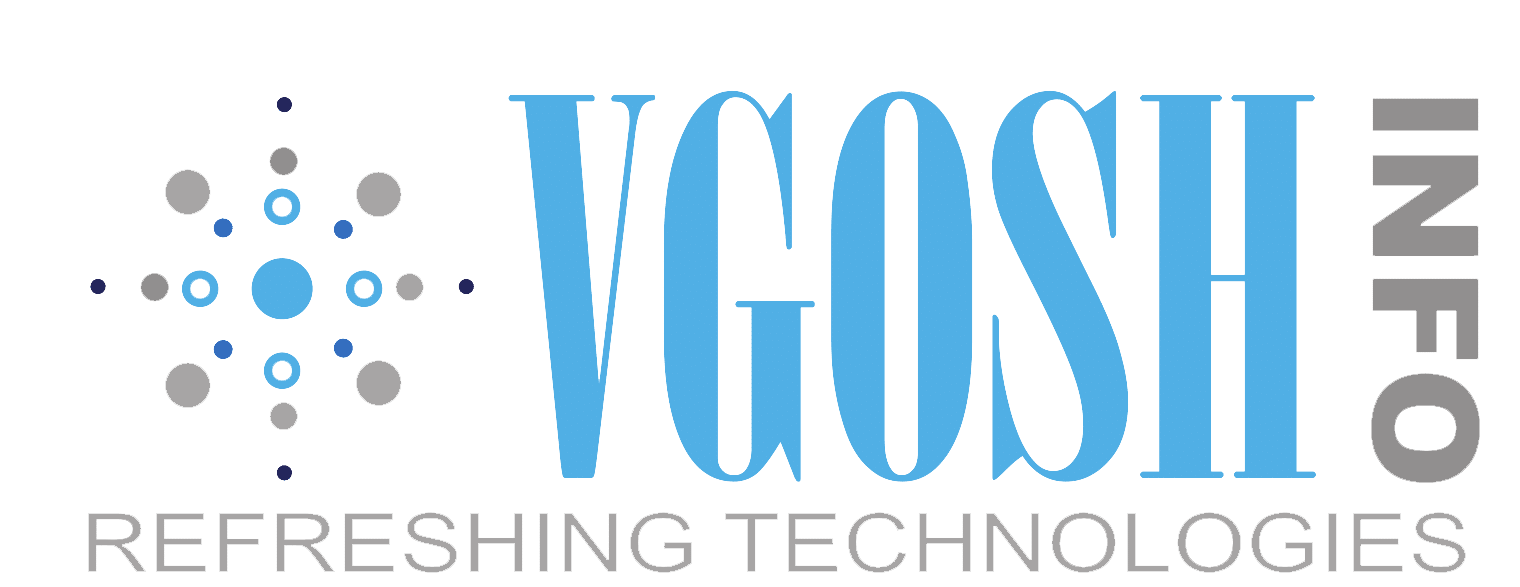Demystifying Blockchain Technology: A Beginner’s Guide for Singapore
Blockchain technology has taken the world by storm, and Singapore is no exception. This revolutionary technology has the potential to reshape various industries, from finance to supply chain management, and even government services.
In this beginner’s guide to blockchain technology in Singapore, we will explore the various aspects of blockchain, its applications, and its legal status in the Lion City. We will also delve into the global landscape of blockchain technology to understand which country has the best blockchain technology.
Is Blockchain Allowed in Singapore?
Before we dive into the intricacies of blockchain technology in Singapore, it’s crucial to understand its legal status in the country. Singapore has long been recognized for its progressive stance on technology and innovation. In this regard, blockchain technology is not just allowed but actively encouraged.
The Monetary Authority of Singapore (MAS), the country’s central bank and financial regulatory authority, has been a strong proponent of blockchain technology. MAS has initiated several projects to explore the use of blockchain in the financial sector. One of the most notable initiatives is Project Ubin, which is a collaborative project aimed at creating a blockchain-based interbank payment and settlement system.
Blockchain is also embraced in various other sectors, including healthcare, logistics, and real estate. The Singapore government sees the potential of blockchain in improving transparency, security, and efficiency across different industries.
If you are considering using blockchain technology in Singapore, you will find a supportive ecosystem, including startups, blockchain development firms, and regulatory bodies that are open to innovation.
How is Blockchain Used in Singapore?
Blockchain technology has found applications in a wide range of industries in Singapore, and its use cases continue to expand. Here are some notable ways in which blockchain is being utilized in the Lion City:
1. Supply Chain Management: Singapore is a major global hub for trade and logistics. Blockchain technology is used to enhance transparency and traceability in the supply chain. It helps in tracking the movement of goods from their origin to the final destination, reducing the chances of fraud and ensuring the quality of products.
2. Finance and Payments: Blockchain is actively used in the financial sector. Several financial institutions in Singapore are exploring blockchain for cross-border payments, trade finance, and even digital currency issuance. Projects like Project Ubin demonstrate the potential of blockchain in revolutionizing the way financial transactions are conducted.
3. Healthcare: Singapore is known for its cutting-edge healthcare system. Blockchain is employed to securely store and manage patient data, ensuring that sensitive information is protected and easily accessible to authorized healthcare professionals. This enhances patient care and privacy.
4. Smart Contracts: The adoption of smart contracts in Singapore is on the rise. These self-executing contracts, powered by blockchain technology, automate and secure various business processes, such as real estate transactions and legal agreements.
5. Government Services: The Singapore government is actively exploring the use of blockchain to streamline administrative processes. This includes land registry, public records, and identity verification. Blockchain can make these processes more efficient, secure, and less prone to corruption.
6. Tokenization of Assets: Blockchain enables the fractional ownership of assets like real estate, art, and collectibles. This opens up new investment opportunities and makes assets more accessible to a broader range of investors.
7. Data Security: Blockchain is used to protect sensitive data, including intellectual property, business secrets, and personal information. It provides an immutable ledger that is difficult to tamper with, enhancing data security.
What is Blockchain? The Blockchain for Beginners Guide to Blockchain Technology
For those who are new to blockchain technology, let’s break it down into simple terms. Blockchain is a decentralized and distributed ledger that records transactions across multiple computers. These transactions are grouped into blocks and linked together in a chain, hence the name “blockchain.” This technology offers several key features:
1. Decentralization: Unlike traditional centralized systems, blockchain operates on a network of computers (nodes), making it more resilient and less susceptible to a single point of failure.
2. Transparency: Every transaction recorded on the blockchain is visible to all participants, ensuring transparency and trust in the system.
3. Security: Transactions are cryptographically secured, making it extremely difficult to alter or counterfeit data on the blockchain.
4. Immutability: Once a transaction is added to the blockchain, it becomes virtually impossible to change or delete, ensuring the integrity of the data.
5. Smart Contracts: These are self-executing contracts with the terms of the agreement directly written into code. They automate processes without the need for intermediaries.
6. Consensus Mechanisms: Blockchain networks rely on consensus mechanisms like Proof of Work (PoW) or Proof of Stake (PoS) to validate and add transactions to the ledger.
7. Cryptocurrency: Many blockchains have their native cryptocurrencies, such as Bitcoin and Ethereum, which can be used for various purposes, including payments and smart contract execution.
In essence, blockchain technology offers a secure, transparent, and efficient way to record and verify transactions, making it suitable for a wide range of applications beyond cryptocurrencies.
Which Country Has the Best Blockchain Technology?
While Singapore has made significant strides in adopting and promoting blockchain technology, the question of which country has the “best” blockchain technology is subjective and may depend on various factors. Different countries have different strengths and areas of expertise in blockchain development and adoption.
1. Singapore: Singapore is known for its robust regulatory framework, supportive government initiatives, and a thriving blockchain ecosystem. It is an attractive hub for blockchain startups and innovative projects.
2. Switzerland: Switzerland, particularly the city of Zug (also known as “Crypto Valley”), has a strong reputation for blockchain and cryptocurrency development. It boasts a favorable regulatory environment and numerous blockchain companies.
3. Estonia: Estonia is recognized for its pioneering efforts in e-governance and blockchain integration into public services. The country offers e-residency programs and has implemented blockchain for secure identity verification.
4. Malta: Malta has positioned itself as the “Blockchain Island” by creating a regulatory framework that attracts blockchain and cryptocurrency businesses. It has gained recognition as a hub for blockchain innovation.
5. China: China has made substantial investments in blockchain technology, and it’s home to numerous blockchain startups and research initiatives. The country is exploring the use of blockchain in various industries, including finance and supply chain management.
6. United States: The United States is a hotbed of blockchain innovation, with many blockchain startups, research institutions, and government initiatives exploring its potential applications.
It’s important to note that the success of blockchain technology in a specific country can depend on factors like regulatory environment, government support, and the presence of a thriving ecosystem of developers and companies. Therefore, the notion of the “best” blockchain technology may vary depending on your perspective and specific interests.
In conclusion, blockchain technology in Singapore is not only allowed but actively encouraged, making it a promising destination for blockchain enthusiasts and businesses. Its applications span across various industries, from supply chain management to finance and government services. Understanding the basics of blockchain is essential for anyone looking to harness its potential. While different countries offer unique strengths in blockchain technology, the definition of the “best” country in this context is subjective and depends on individual goals and interests. As blockchain continues to evolve, Singapore remains a dynamic and forward-thinking player in the global blockchain landscape.
For more information on blockchain solutions in Singapore.





